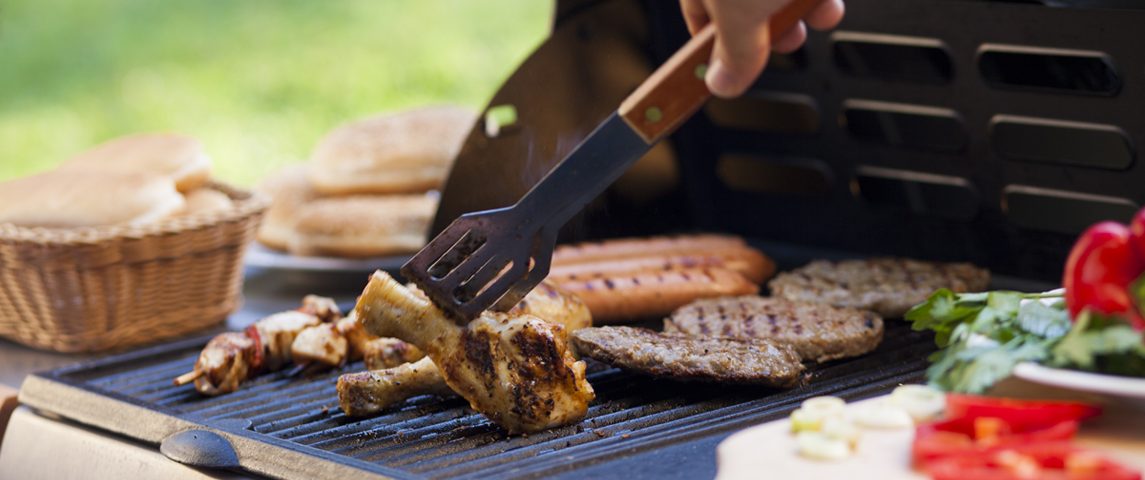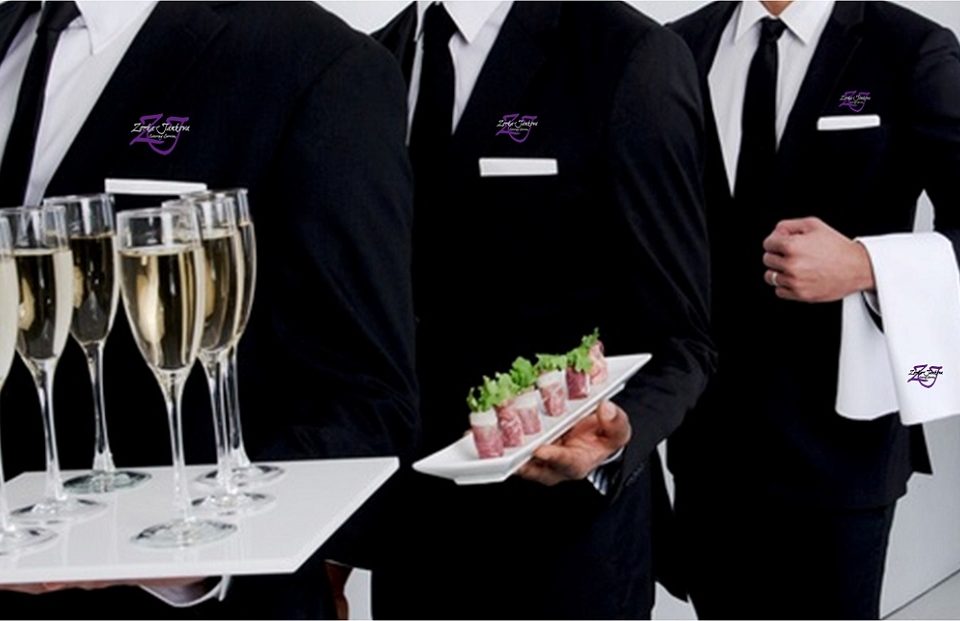
The Ultimate Summer Weddings
June 15, 2017
Fancy working in Hospitality Industry?
August 9, 2017Barbecue season is upon us.
Temperatures reached the high 20s over the weekend, with scores of people dusting off their grills and cooking up a feast as they basked in the sun.
With the warm weather expected to last for another few days, there’s no doubt many more will be dining al fresco.
According to the Food Standards Agency, more than 20 million people will enjoy a picnic or barbecue outside this summer.
As the heat rises, so does the number of cases of food poisoning.
Campylobacter, E. coli, Listeria and Salmonella are nasty bugs that can easily spread and make people very ill.
The FSA say many people put themselves at risk of contracting the bugs and have issued a warning reminding people how to stay safe when barbecuing or having picnics this summer.
Cooking on the barbecue
Cooking food at the right temperature and for the correct length of time will ensure that any harmful bacteria are killed.
When cooking minced meat products such as beef burgers, sausages and kebabs and pork, turkey and chicken, always check that:

- the meat is steaming hot throughout
- there is no pink meat visible when you cut into the thickest part
- meat juices run clear
Burgers prepared at home should always be cooked all the way through until steaming hot. They should not be served rare or pink because harmful bacteria may be present in the middle of the burger, causing food poisoning.
Once served, dishes should not sit out for longer than two hours, or one hour if it’s very hot outside
Chilling and defrosting
Chilling food properly helps stop harmful bacteria from growing, especially in the warm summer months. Make sure you do the following things to keep your food safe:
- Do not defrost foods at room temperature. Ideally food should be defrosted fully in the fridge or if this is not possible, using a microwave on the defrost setting directly before cooking.
- Cool cooked foods quickly at room temperature and then place in the fridge within one to two hours.
- Store raw foods separately from ready-to-eat foods, covered on the bottom shelf of your fridge.
- Keep chilled food out of the fridge for the shortest time possible during preparation.
- Any food with a ‘use by’ date, cooked dishes, salads and desserts all need to be kept chilled and out of the sun until serving time.
- At barbecues and picnics, cold perishable food should be kept in the fridge or a cool box until serving time.
- Check regularly that your fridge is cold enough – the coldest part should be below 5C.
- Don’t overfill your fridge. This allows air to circulate and maintains the set temperature.
Cleaning
Effective cleaning gets rid of bacteria on hands, equipment and surfaces, helping to stop harmful bacteria from spreading onto food. These three tips will help keep germs at bay:
- Hands: Wash hands before cooking and eating where possible. If you’re at a picnic and it’s not possible to wash your hands, use a wet wipe to clean your hands, then use a sanitiser on top to sterilise them.
- Dish cloths:
 Wash or change dish cloths, tea towels, sponges and oven gloves regularly and let them dry before you use them again. Dirty, damp cloths are the perfect place for bacteria to breed.
Wash or change dish cloths, tea towels, sponges and oven gloves regularly and let them dry before you use them again. Dirty, damp cloths are the perfect place for bacteria to breed. - Utensils and serving dishes: Take care to keep all utensils and platters clean when preparing food and ensure you don’t mix those used to prepare raw and ready-to-eat dishes.
- Cook it, don’
t wash it: Don’t wash raw chicken or any other meat; it just splashes germs onto your hands, clothes, utensils and worktops. Thorough cooking will kill any bacteria present.
To find out more about booking a professional, reputable caterer for any private or corporate events in London, talk to Zjcatering today.
Call us today on 0800 368 7446.





